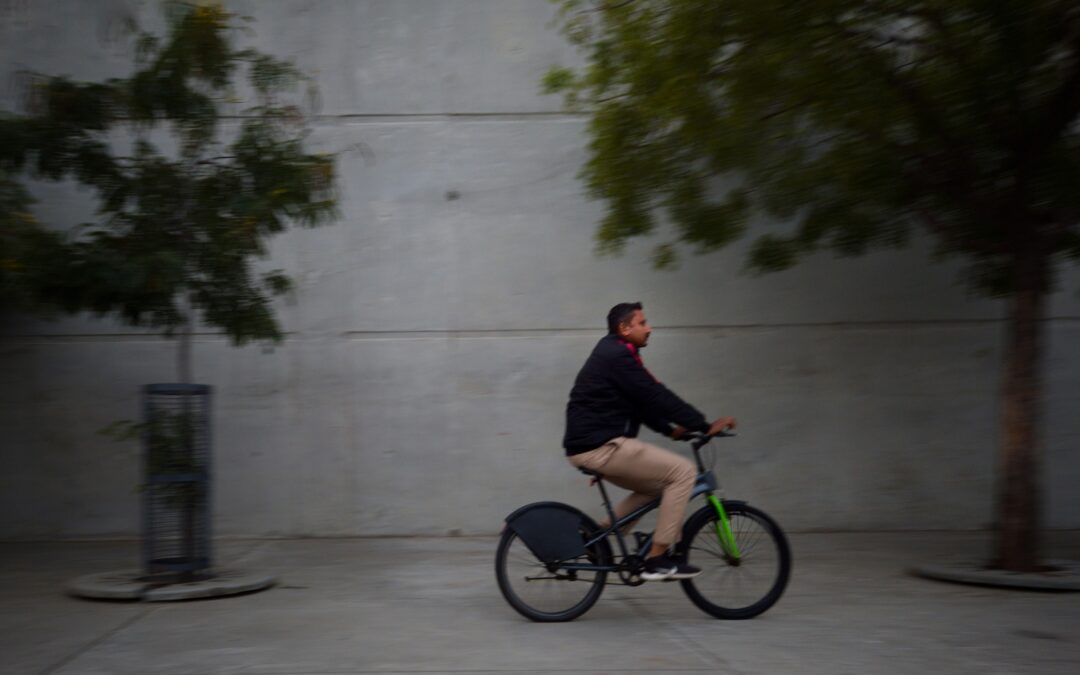Author: Thiago Genaro
There is no storm outside. The marriage is at a cool stage. The children are doing well at school. The Labrador puppy brings joy to the house. At work, you were recently promoted. The company’s environment is healthy, constructive and there is even the option of working from home twice a week. Your elderly parents are in good health and planning a new trip to South America. You play sports, running in the morning, and in the late afternoon you alternate weight training with tennis. In fact, there is no storm outside. But inside your head, lightning, thunder and a whirlwind of symptoms.
A new depressive episode announces its arrival. It’s not the first. It probably won’t be the last. In the first conversations with the psychiatrist, years ago, the doctor made it clear that the diagnosis of bipolar disorder involves a cyclicality of mood episodes over time. The treatment treats the acute phase and prevents new episodes of mania and depression. Preventing does not mean eliminating. The patient who treats high cholesterol is preventing a heart attack. But this does not completely eliminate the risk of having a heart attack.
Scheduled consultation. Crushed storm. Medication adjustment performed.
And now?
Wait for the storm to pass?
I’m going to leave you 5 tips on how to better face this period of thunderstorms of a bipolar depressive episode. Discipline seems to be the keyword.
1) Be disciplined with schedules. Be even stricter with your routine. Wake up and sleep at the same times, including on weekends. Sleep well. Eat well. Don’t indulge in sweets or fatty foods. Don’t skip meals. The balance of the mind-body binomial is grateful.
2) Be disciplined with the routine. Keep working. Continue to pick up children from school. Keep visiting your parents. Maintain the routine of shopping at the market on Thursdays. It won’t be easy. The fatigue of the depressive episode itself will divert you from the path. Be firm. Being strict with your routine contributes to feelings of belonging and avoids feelings of uselessness and social isolation.
3) Be disciplined with physical activity. We know the benefits of sport. We know the importance of relieving stress and generating well-being through running, swimming and jiu-jitsu. Mens sana in corpore sano. Make your body fuel for your mind.
4) Know how to be undisciplined. Not every day we will be able to follow our diet, play tennis and go to the grocery store. We won’t always welcome another episode of humor in our timeline. Accept the nonlinearity of the process. We are not machines.
5) Connect with people. I think item 5 is so important. Connect. 21st century, connect. When faced with a new depressive episode, connect even more with your parents. With your wife. With your children. With your labrador. With your tennis teacher. With the members of the bipolar disorder WhatsApp group. With your psychologist. With your psychiatrist. With the IBPF Blog here! Connect. Talk about what you are feeling. Ask for an opinion. Ask for help.
I leave two more comments for you in the face of a depressive episode.
There is a very special book called Our immoral soul by a Brazilian called Nilton Bonder. He says in one passage “There is a look that recognizes the short long paths and the long short paths”. As a psychiatrist, I see long paths short. There are no shortcuts when faced with a depressive episode. There is discipline, there is effort, there is patience, there is hope, there is science. But not shortcuts.
And my second comment is about science. Bipolar depression has been studied for decades around the world. Many serious people study this topic. Lots of research, lots of statistical references. There are several possible drug combinations. The thing is so solid and well structured that the same treatment carried out in Los Angeles is carried out in Rio de Janeiro! And it works! Even with very different genetics. Trust your psychiatrist. Trust science.
Storms come and go. Build your strategy. Separate your raincoat, your umbrella. The first rays of sun are right there on the horizon.
The content of the International Bipolar Foundation blogs is for informational purposes only. The content is not intended to be a substitute for professional medical advice, diagnosis, or treatment. Always seek the advice of your physician and never disregard professional medical advice because of something you have read in any IBPF content.


